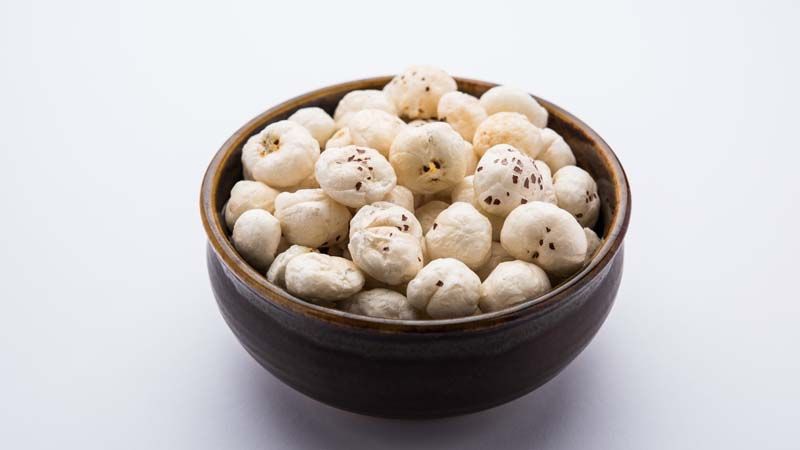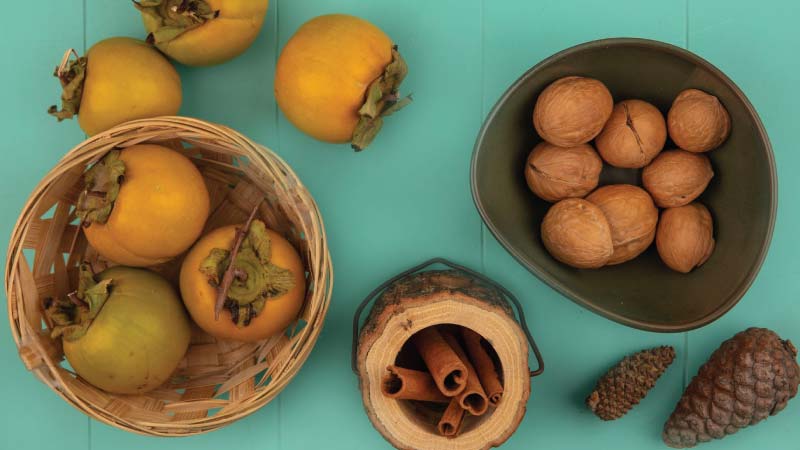Diet To Combat Seasonal Infections
- 18 months ago
Each season brings new challenges, like seasonal infections that can make us feel unwell. A healthy diet can help support our immune system and protect against these infections.
As the seasons shift, our bodies face a changing array of challenges, particularly from seasonal infections. The transition between seasons can strain our immune systems, leaving us vulnerable to various illnesses. In such times, fortifying our bodies with immunity-boosting foods becomes paramount to maintaining our health and well-being.
Our immune system is a complex network of cells, tissues, and organs that work together to defend the body against harmful pathogens, including viruses and bacteria. When our immune system is strong and balanced, it can effectively identify and eliminate these threats, reducing the risk of infections.
One of the most effective ways to enhance our immune response is through proper nutrition. By incorporating certain foods into our diet, we can provide our bodies with the essential nutrients needed to support a healthy immune system.
Why Do We Face Inflammation More During Seasonal Change?
Seasonal changes can trigger inflammation due to various factors. One reason is the impact of cold weather on humidity levels. During colder seasons, the air tends to be drier, which can lead to a drying effect on the mucous membranes in our respiratory tract. This dryness can make these membranes more vulnerable to irritation and infections, leading to inflammation.
Another factor is the presence of seasonal allergens, such as pollen, which can be more prevalent during certain times of the year. When allergens enter the body, they can trigger an immune response that leads to inflammation. In individuals with allergies, the immune system can overreact to these allergens, leading to more pronounced inflammation and allergic reactions.
Seasonal changes can also impact our lifestyle and behavior, which can indirectly affect inflammation. For example, during colder seasons, people may spend more time indoors in close contact with others, increasing the risk of exposure to pathogens and infections that can cause inflammation.
Overall, seasonal changes can influence inflammation through various mechanisms, including changes in humidity levels, exposure to allergens, and alterations in lifestyle and behavior. Understanding these factors can help us better manage inflammation during seasonal transitions.

Foods To Add In Your Diet
- Citrus Fruits: Citrus fruits like oranges, lemons, and grapefruits are rich in vitamin C, which is known to boost the production of white blood cells, key players in the immune system. Vitamin C is also a powerful antioxidant that helps protect cells from damage.
- Berries: Berries such as strawberries, blueberries, and raspberries are loaded with antioxidants, vitamins, and minerals that support immune function. They are also high in fiber, which is beneficial for gut health, another key factor in immune health.
- Garlic: The immune-boosting benefits of garlic have long been recognized. It contains compounds like allicin, which has antimicrobial properties that can help fight off infections. Adding garlic to your meals can be a flavorful way to boost your immunity.
- Ginger: Ginger is another spice with potent immune-boosting properties. It has anti-inflammatory and antioxidant effects that can help enhance immune function. Ginger can be added to teas, soups, and stir-fries for a flavorful immune boost.
- Yogurt: Yogurt is a probiotic-rich food that promotes gut health, which is directly related to immune function. Probiotics are beneficial bacteria that help maintain a healthy balance in the gut microbiome, which plays a crucial role in immune health.
- Spinach: Spinach is packed with vitamins and minerals, including vitamin C, vitamin E, and beta-carotene, all of which are important for immune health. It is also rich in antioxidants and fiber, making it an excellent addition to your immune-boosting diet.
- Turmeric: Turmeric is a spice used in traditional medicine for its anti-inflammatory and immune-boosting properties. Curcumin, the active compound in turmeric, has been shown to enhance immune function and reduce inflammation.
- Green Tea: Green tea also contains L-theanine, an amino acid that helps improve the production of germ-fighting compounds in the body.
Foods to Remove from Your Diet
- Processed Foods: Processed foods often contain high levels of unhealthy fats, sugars, and additives, which can contribute to inflammation and weaken the immune system.
- Sugary Drinks: Sugary drinks can contribute to inflammation and weaken the immune system.
- Trans Fats: Trans fats, often found in processed and fried foods, weakens immune system by suppressing white blood cell functioning.
Food Combinations to Take Care of During Temperature Change
During temperature changes, it's essential to stay hydrated and consume foods that can help regulate your body temperature. Foods with cooling effect like cucumber, mint, melons, etc. Additionally, incorporating warming spices like cinnamon, cumin, and ginger into your meals can help boost circulation and support your immune system.
Preventive Steps
- Stay Hydrated: Drinking plenty of water can help keep your mucous membranes hydrated and reduce your risk of infections.
- Get Plenty of Sleep: Adequate sleep is crucial for a healthy immune system. Aim for 7-9 hours of sleep per night.
- Exercise Regularly: Regular exercise can help boost your immune system and reduce inflammation.
- Manage Stress: Chronic stress might compromise your immune system. Practice stress-relieving activities such as yoga, meditation, and deep breathing techniques.
Conclusion
Incorporating these immunity-boosting foods into your diet can help strengthen your body's defenses against seasonal infections. Remember to maintain a healthy lifestyle, which includes regular exercise, proper sleep, and stress management, to help your immune system. By making these simple dietary changes, you can help keep yourself healthy and ward off seasonal illnesses.









